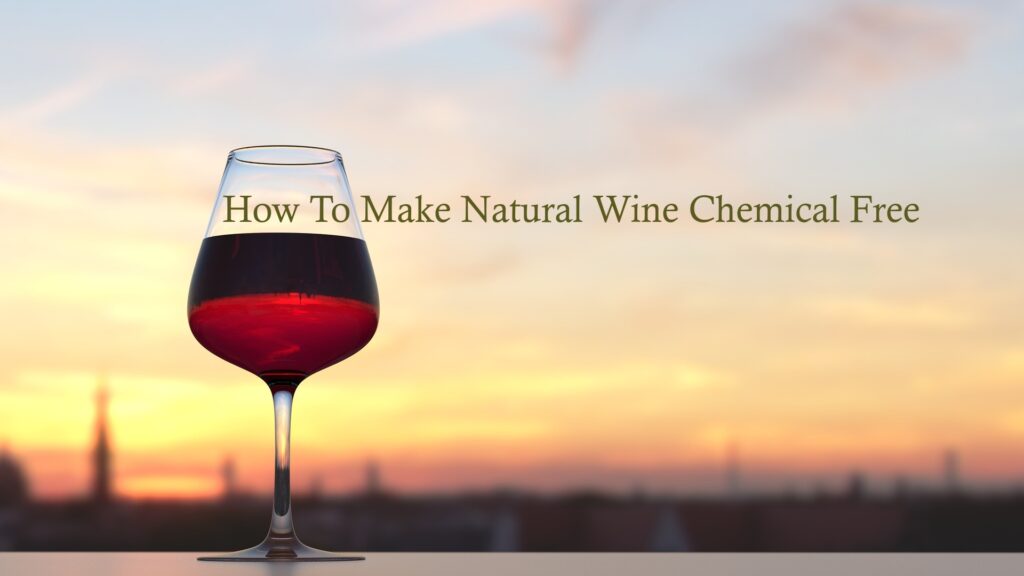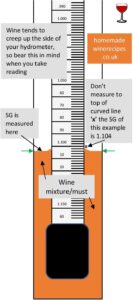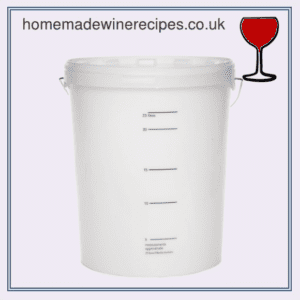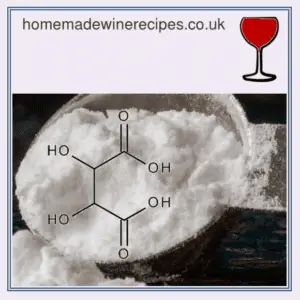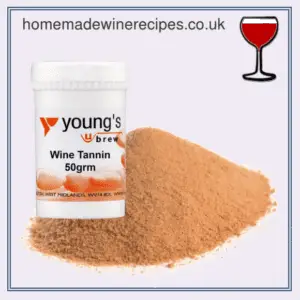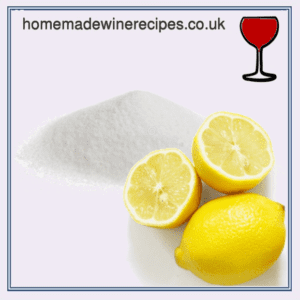How To Make Natural Chemical Free Wine
Chemical free winemaking is part and parcel of country wine making, we include lots of homemade wine recipes here on our website, which with some tweeking here and there can then honour the centuries old techniques. For hundreds of years wine was made without the need for chemicals, with that in mind it might be worth looking into why we are using chemicals now. If they were never used centuries ago, do we really need to be adding them now?
So, what are the main offenders in our quest to make natural chemical free country wine?
The two main offenders that I’m going to concentrate on here are Sodium Metabisulphite and Potassium Sorbate. Okay let’s delve deeper.
We’ll start with Sodium Metabisulphite which is available in powder form but you will most likely know it as the good old Campden tablet, which if you’ve ever made a batch of homemade wine, you will be familiar with. There are three major uses for the Campden tablet…
- Killing bacteria (sterilising equipment)
- Yeast killing which aids wine clearing (ready to bottle quicker)
- Wine conditioning (ready to drink quicker)
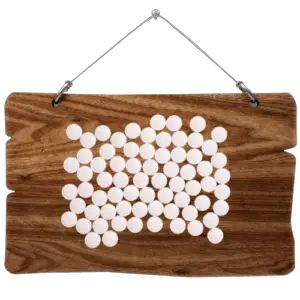
Killing bacteria (sterilising equipment)
Before making any wine we all know the importantance of sterilising equipment, so sodium metabisulphite or Campden tablets perform a critical use within this process. But do we really need to use it?
Well, this one is down to personal choice, because after sterilising your equipment with sodium metabisulphite you will thoroughly rinse everything with clean water thus not leaving any more than a trace element that a pathologist would struggle to find.
Then there are the purists amongst us who want to know that there was never the hint of a chemical either in or near their wine. If you fall into this camp, you may need boiling water to replace sodium metabisulphite (Campden tablet) but be careful as some equipment doesn’t like boiling water on it, some things like maybe a bubbler which are largely made from plastic may distort with boiling water, so beware.
Yeast killing which aids wine clearing (ready to bottle quicker)
The ‘yeast killing’ process is for making your wine quicker. We live in a world where time is a precious commodity, so if time means more to you than the commitment to chemical free wine then your decision is made!
At the first racking stage (end of fermentation), we sometimes add sodium metabisulphite or a crushed Campden tablet and this works by stunning any active wine yeast which in turn aids and encourages the speedy clearing of the wine. So how can we get round using the Campden tablet?
The alternative of not using sodium metabisulphite or a crushed Campden tablet for killing the yeast, is just allow a little more time for the fermentation process to fully run its course. If you prefer not use the chemical to aid with this process then you will need to give your wine 3 to 5 weeks extra, it’s really as simple as that.
Wine conditioning (ready to drink quicker)
The conditioning stage is late in the wine making cycle. We all want the best tasting wine that is full bodied and quite simply good to drink, well you may choose to use a chemical to help you achieve this, and once again we use sodium metabisulphite to assist with this task. Again the question is, what is the alternative and why?
As a rule of thumb a wine being bottled with a crushed Campden tablet being added will take two months to ‘condition’ but a chemical free wine will need three months to ‘condition’. The reason for this is, at the bottling stage the excess air in your wine needs to be used up and this can happen naturally over time or chemically with sodium metabisulphite.
Potassium Sorbate (stops fermentation)
Next on our list of offenders was Potassium sorbate has a very similar use to the wine conditioning of the sodium metabisulphite in that it inhibits wine yeast from further activity. This can take place whilst in the demijohn waiting to clear and mature or when it has been bottled on. It really shouldn’t be necessary to add sodium metabisulphite if you follow your recipe and why would you want to stop a fermenting wine early.
So, by better understanding the winemaking process, which you now do you can make an educated decision on which path to go down, by planning and understanding you can definitely avoid using sodium metabisulphite and potassium sorbate.
